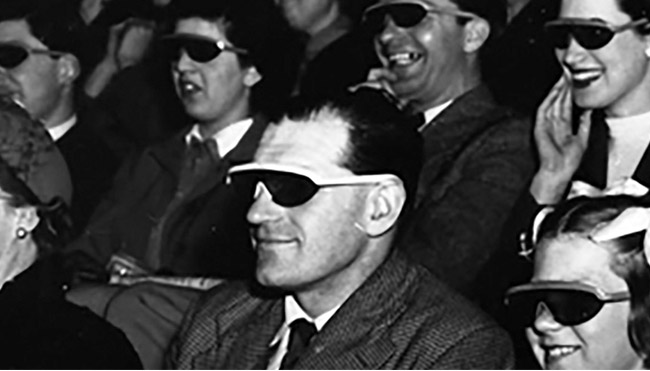*Live video-conferences every Monday at 7pm Central European Time. Recordings will be available in case you miss a live session!
DESCRIPTION
This course has been developed for curators who would like to learn more about how curatorial and educational practices can come together. Participants will find out about the various ways in which education can be approached practically and conceptually by examining case studies from around the world.
In the first week, participants will gain an overview of what education can be within a curatorial context, exploring different approaches and formats and looking at the shift from art “audiences” to “participants”. The second week will explore the role that interpretation plays in curating discursive education events and activities while the third week focuses on facilitating practical aspects such as collaboration, leading and organising workshops, collaborative and participatory projects. Finally we will examine the programming of education activities within institutions and as part of an independent curatorial practice.
How do Node Courses work?
PROGRAM
Week 1: Introduction to education within a curatorial context
- A short history of education within a curatorial context – where are we now, and how did we get here? The so-called “educational turn” within curatorial practice and the shift from “audience” to “public” to “participants”.
- An overview of how education is approached by various institutions and independent curators and a look at terminology within and definitions of education.
- A look at education from formal to informal, practical to theoretical, and participatory to collaboratory. How does one combine these with a curatorial practice?
Week 2: Interpretation
- Explores the role that interpretation of contemporary art plays within curated education activities such as speaking, writing and moderating.
- Examines case studies of academic discursive events, informal discussion groups and other interpretation formats.
- Presents factors to consider such as knowing your “public”.
Week 3: Facilitation
- Explores the role that facilitation plays within curated education activities such as collaborating, leading and organising.
- Examines case studies of practical education activities such as workshops, participatory and collaborative projects.
- Presents factors to consider such as negotiating relationships and interacting with your “public”.
Week 4: Programming
- Examines case studies of the programming of education activities within institutions.
- Examines case studies of the programming of education activities as part of an independent curatorial practice.
- Presents factors to consider such as developing programming concepts and aims.
For further information, please visit: https://www.nodecenter.net/course/1613/engaging-audiences









